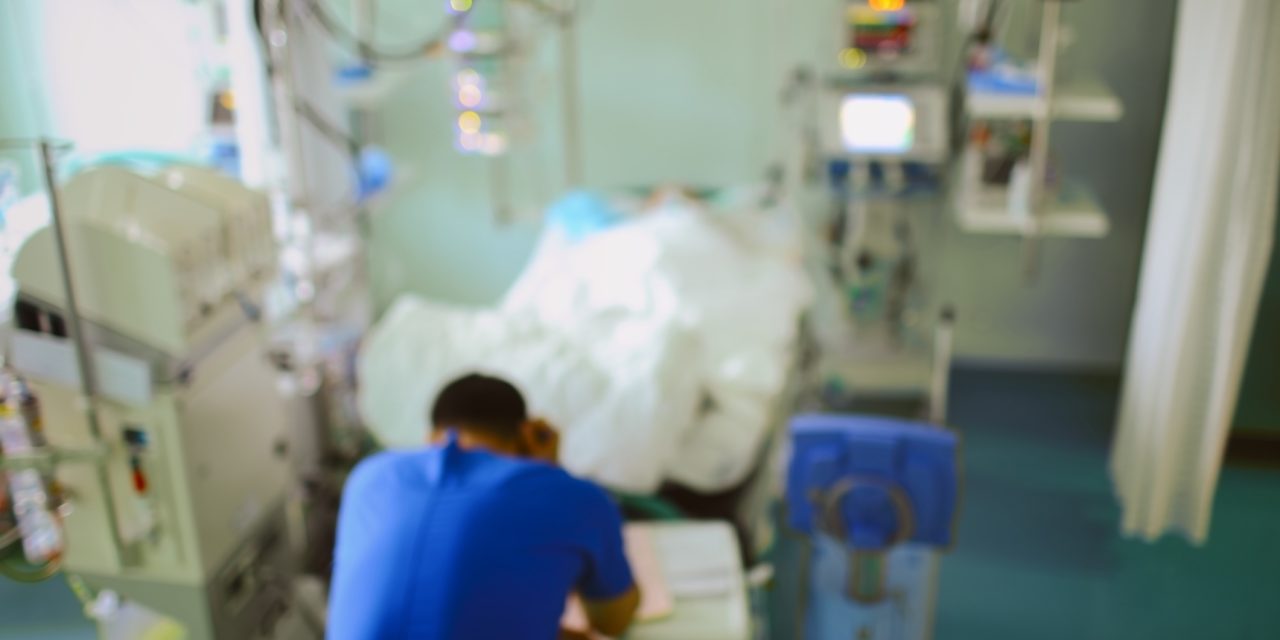The aim of the study was to explore the relationship between criticality, brain complications, and immune mechanisms in extracorporeal membrane oxygenation (ECMO) children with pneumonia and severe sepsis.
Patients with simple pneumonia (group I), ECMO patients with pneumonia and severe sepsis accompanied by brain complications (group II), and those without brain complication (group III) admitted to our pediatric intensive care unit were selected to be investigated. The relationship among the peripheral blood subgroups of immune cells, immune factors, adaptive immune responses, endothelial factors, and criticality and brain complications was then studied.
Severe paralysis of normal immunity, excess abnormal immunity, and endothelial injury were consistent with the increase in the absolute value of base excess, lactic acid (Lac) content, and average hospitalization days and brain complications involved in group II (vs. group I). The ratio of CD63+ macrophage and CD63+ neutrophil subpopulation increased (p < 0.05); the expression levels of elastase+ neutrophil denatured subgroup (p < 0.05), the ratio of CCR2highCX3CR1low/CCR2lowCX3CR1high of macrophages and neutrophils (p < 0.0001), high-mobility group box 1 (HMGB1), YTHDF1, interleukin-17 protein and mRNA, and RAGE gene decreased to some extent (p < 0.05); the expression levels of Th1 cells chemokine CXCL9 protein and mRNA and sTIE2 protein increased to some extent (p < 0.05); the adaptive immune response of CD8+ CTL stimulated by lipopolysaccharide (LPS) was slightly enhanced (p < 0.05) in group III(vs. group II), which was consistent with the improvement of criticality, average hospitalization days, and the absence of brain complications in group III (vs. group II).
ECMO support with brain complication was related to the upregulation of HMGB1 and YTHDF1 protein; the decreased number of CD63+ macrophages and neutrophils; the increased denatured neutrophil subgroup, especially the upregulated ratio of CCR2highCX3CR1low/CCR2lowCX3CR1high of macrophages and neutrophils; the imbalance of Th17/Th1, LPS-specific CD8+ CTL adaptive immune response paralysis; and the reduced endothelial sTIE2 protein expression level which caused clinical deterioration and prolonged average hospitalization days.
© 2021 S. Karger AG, Basel.
Early Prognosis Effect of Cellular Immune Paralysis on Brain Complications of Extracorporeal Membrane Oxygenation Children with Severe Sepsis.


